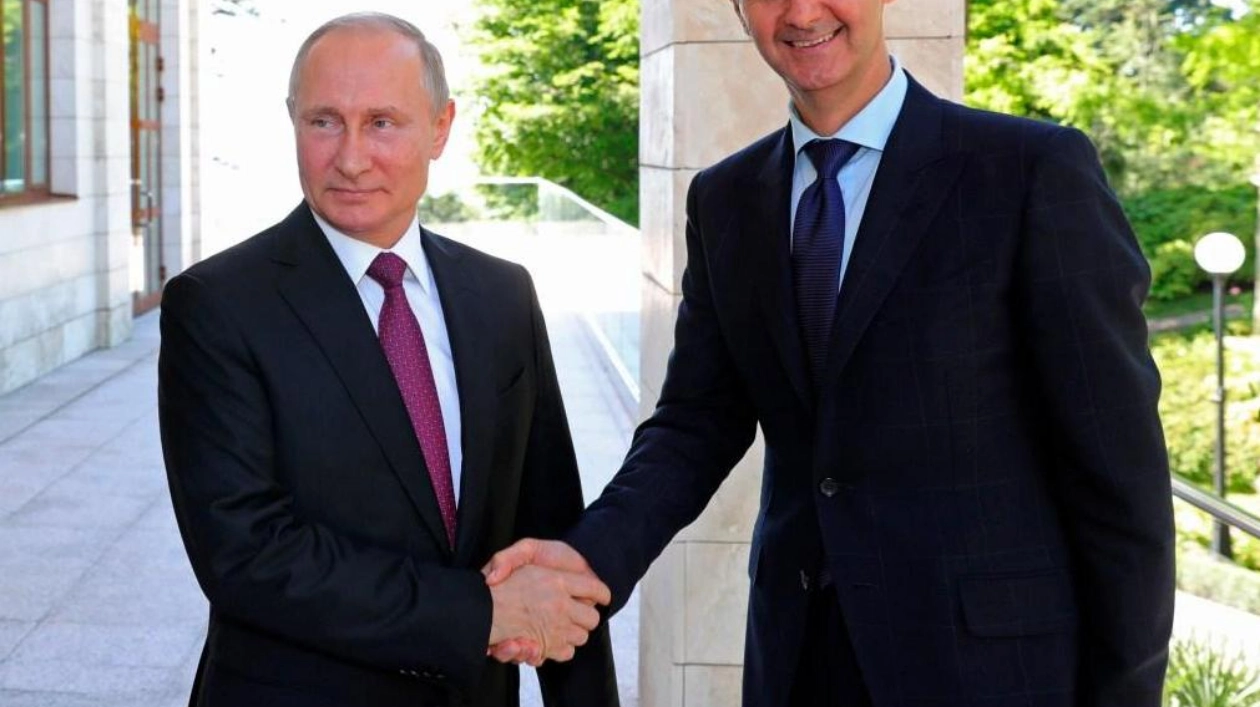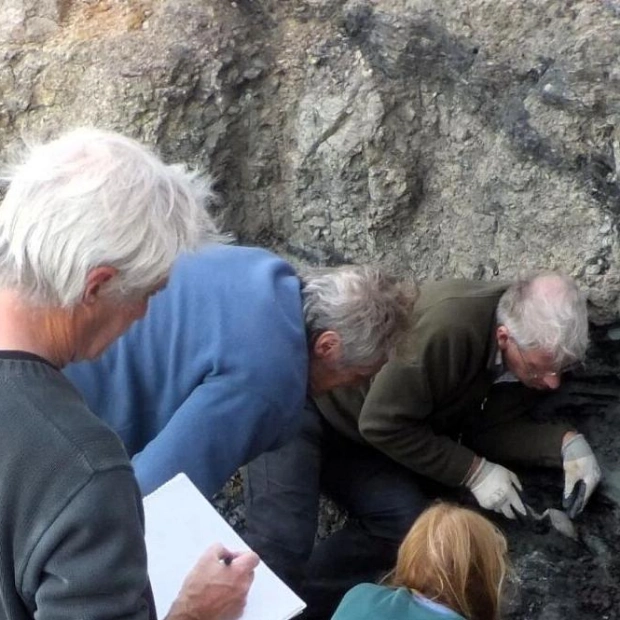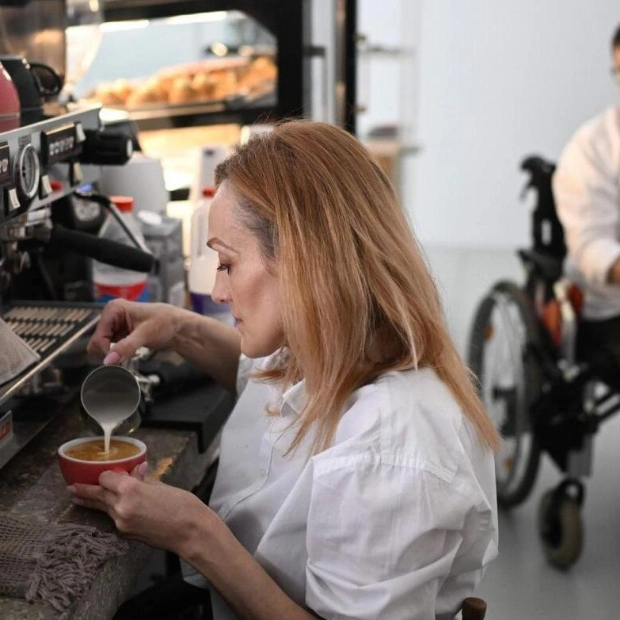DAMASCUS, Syria — Ousted Syrian President Bashar Assad reportedly fled to Moscow on Sunday, according to Russian media, just hours after a dramatic rebel surge captured the capital, Damascus, and brought an end to the Assad family's 50-year reign of power. Russian news agencies Tass and RIA cited an anonymous Kremlin source confirming Assad and his family were granted asylum in Moscow, a longstanding ally and protector. The Associated Press could not immediately corroborate these reports but sought comment from the Kremlin. RIA also reported that Moscow had secured assurances from Syrian insurgents regarding the safety of Russian military bases and diplomatic missions in Syria.
Assad is said to have departed Syria early Sunday, and Syrians flooded the streets in jubilation, with celebratory gunfire echoing through the city, following the stunning rebel advance that culminated in the fall of Damascus and the end of the Assad family's half-century rule. These rapid developments have sparked questions about Syria's future and its impact on the broader region. Russia has called for an emergency session of the U.N. Security Council to discuss the situation in Syria, according to Dmitry Polyansky, Russia's first deputy permanent representative to the U.N., who posted the request on Telegram.
In Damascus, joyful crowds gathered in public squares, waving the Syrian revolutionary flag, reminiscent of the early days of the Arab Spring uprising. Others took the opportunity to loot the presidential palace and residence after Assad and other top officials disappeared. Abu Mohammed al-Golani, a former al-Qaida commander who distanced himself from the group years ago and claims to support pluralism and religious tolerance, leads the largest rebel faction and is set to shape the country's future. In his first public appearance since fighters entered the Damascus suburbs on Saturday, al-Golani visited the Umayyad Mosque and declared Assad's downfall as a victory for the Islamic nation. He referred to himself by his given name, Ahmad al-Sharaa, and not his nom de guerre, addressing hundreds of people and accusing Assad of turning Syria into a tool for Iran's ambitions.
The rebels now face the challenging task of reconciling deep-seated divisions in a war-torn country still fragmented by armed factions. Turkey-backed opposition fighters are clashing with U.S.-allied Kurdish forces in the north, while the Islamic State group remains active in remote areas. Syrian state television aired a rebel statement early Sunday announcing Assad's overthrow and the release of all prisoners. The statement urged citizens to safeguard the institutions of the 'free Syrian state.' The rebels later imposed a curfew in Damascus from 4 p.m. to 5 a.m.
The rebels claimed to have liberated detainees from the infamous Saydnaya prison, where human rights groups report thousands were tortured and killed. A video circulating online purportedly showed rebels breaking open cell doors and freeing dozens of female prisoners, many appearing stunned. Among them was at least one small child. 'This happiness will not be complete until I can see my son out of prison and know where he is,' said Bassam Masr, a relative, who had been searching for his son for two hours. His son had been detained for 13 years. Rebel commander Anas Salkhadi later appeared on state TV, reassuring Syria's religious and ethnic minorities, stating, 'Syria is for everyone, no exceptions. Syria is for Druze, Sunnis, Alawites, and all sects.' He added, 'We will not treat people the way the Assad family did.'
Source link: https://nypost.com






